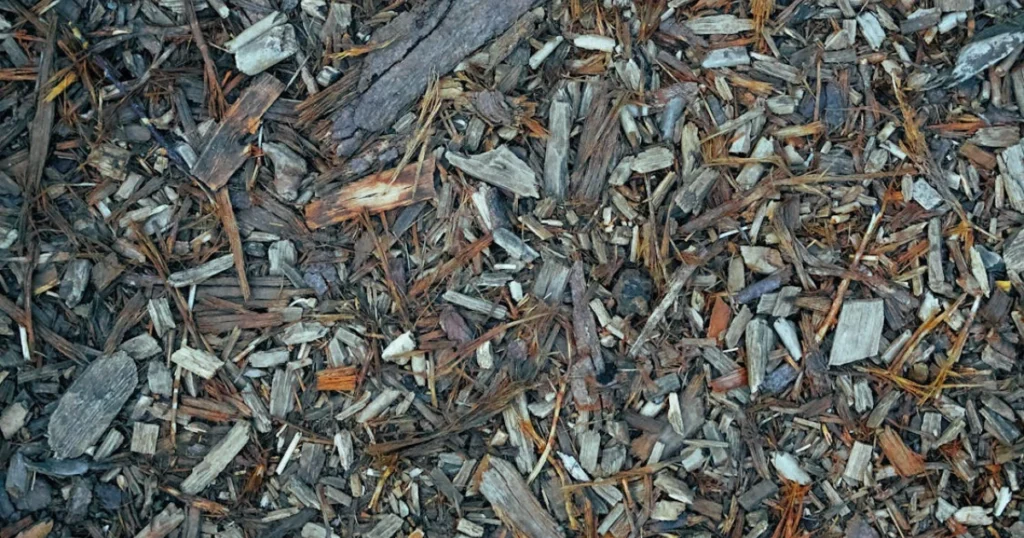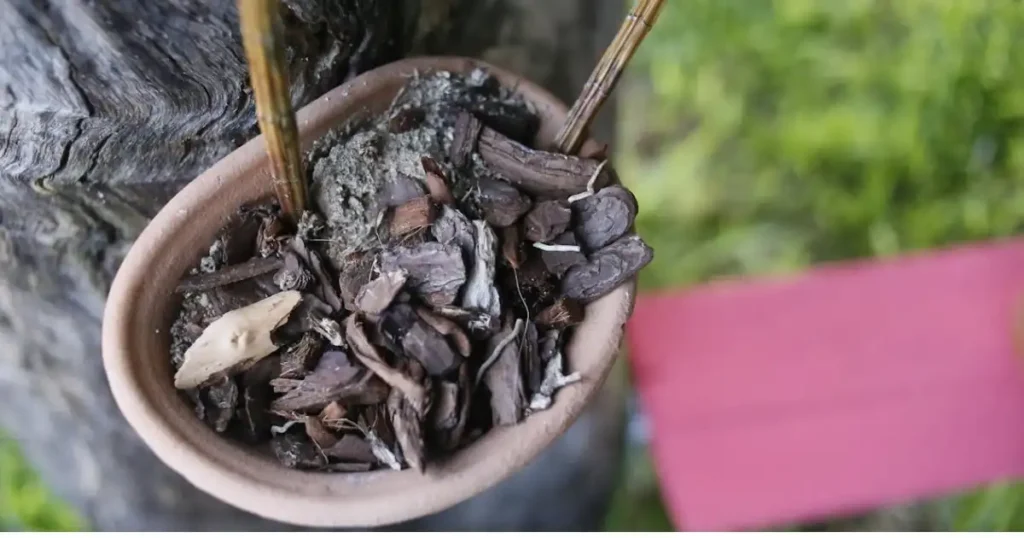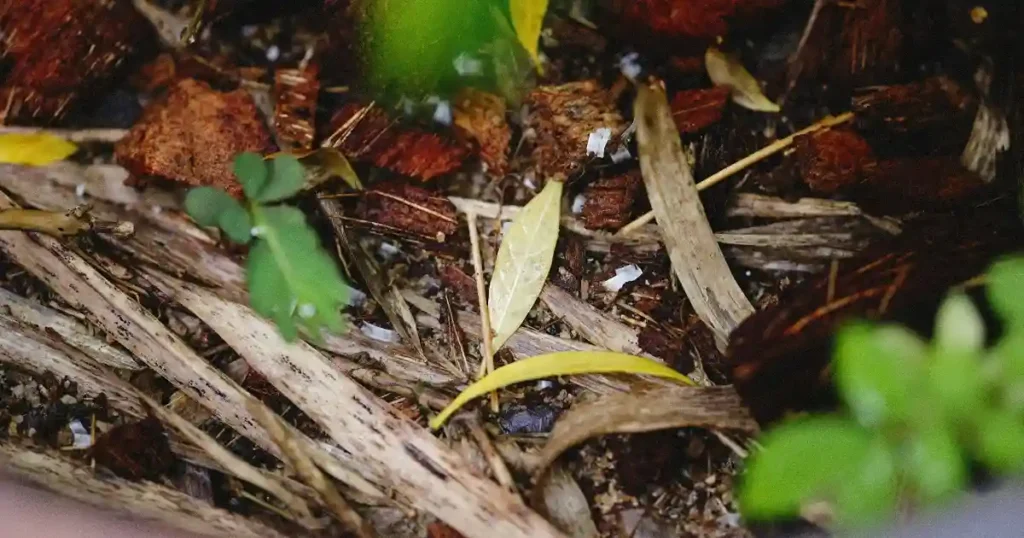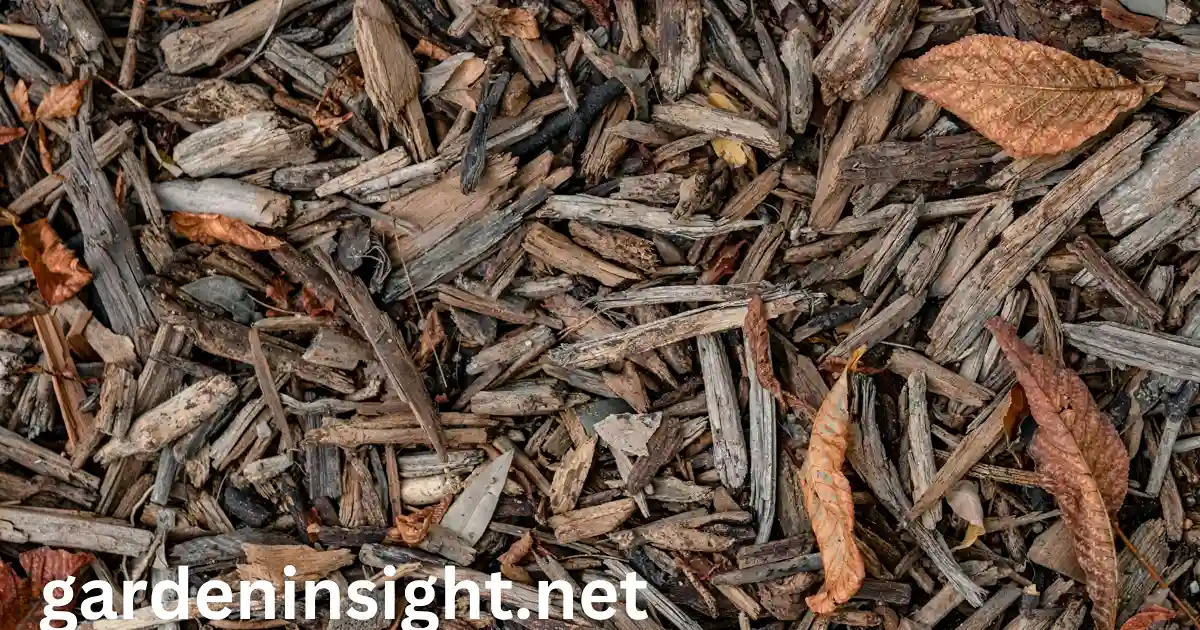Cedar mulch offers unique benefits for gardens, but it’s essential to understand its pros, cons, and specific applications. This guide will cover everything you need to know to make an informed choice for your garden.
Benefits of Cedar Mulch

Using pine bark in gardens comes with many benefits that make it a popular choice among gardeners. Here are some of its most significant advantages:
- Moisture Retention: Hardwood chips helps the soil retain moisture, reducing watering needs and keeping roots hydrated.
- Weed Suppression: Its dense layer blocks sunlight from reaching weed seeds, limiting weed growth.
- Insect Repellent Properties: Cedar naturally deters many pests, which can protect garden plants.
| Benefit | Explanation |
|---|---|
| Moisture Retention | Pine bark helps reduce evaporation, keeping the soil moist longer. |
| Weed Control | Hardwood chips can prevent weeds by creating a barrier that stops sunlight from reaching weed seeds. |
| Pest Resistance | Cedar’s natural oils repel insects like ants and termites. |
Why Cedar Rules the Mulch Kingdom: A Kid-Friendly Guide
Ever wondered how to give your garden superpowers? One of the best ways is with mulch! It’s like a cozy blanket for your plants, and cedar mulch is the king of all mulches. Let’s see why:
| Feature | Cedar Mulch | Other Mulches |
|---|---|---|
| Smell | Smells amazing! | Not so much… |
| Bug Protection | Keeps pests away! | Not as good |
| Plant Power | Helps plants grow strong! | Can sometimes harm plants |
| Lasting Time | Stays strong for a long time | Needs replacing sooner |
Why Cedar is the Best
- Super Smell: Cedar mulch has a lovely, woodsy smell that makes your garden smell fantastic. Plus, this smell helps keep away pesky bugs that might want to munch on your plants.
- Bug Bouncer: Cedar has special powers that make bugs want to stay away. This means your plants are safer and can grow bigger and stronger.
- Plant Protector: Cedar mulch is like a superhero for your plants. It helps them stay healthy and strong, unlike some other mulches that can sometimes harm plants.
- Long-Lasting: Cedar mulch is tough! It stays in your garden for a long time, so you don’t have to replace it as often.
So, if you want to give your garden the best care, cedar mulch is the way to go! It’s like giving your plants a superhero sidekick.
How to Use Cedar Mulch
- Spread it around: Put a layer of cedar mulch around your plants, about 2-3 inches deep. It’s like tucking them into bed!
- Keep it away from stems: Don’t let the mulch touch the stems of your plants. It’s like giving them some breathing room.
- Water your plants: Even with mulch, your plants still need water. Mulch helps keep the water in the soil longer, so you don’t have to water as often.
- Replace it when needed: Cedar mulch lasts a long time, but you’ll need to add more eventually. Just like you need new shoes when you grow out of your old ones!
Best Cedar Mulch for Gardens

Choosing the right type of pine bark for your garden is essential. Here are a few popular options:
- Shredded Hardwood chips: Ideal for flower and herb gardens, shredded cedar breaks down slowly, adding nutrients to the soil.
- Cedar Wood Chips: Good for paths and larger garden areas, wood chips last longer but can be challenging to spread around small plants.
Table: Common Types of Pine Bark and Their Uses
| Type of Hardwood chips | Best Uses | Characteristics |
|---|---|---|
| Shredded Cedar | Herb gardens, flower beds | Slow decomposition, nutrient-rich |
| Cedar Wood Chips | Paths, large garden areas | Long-lasting, less nutrient addition |
Cedar Mulch Good for Herb Garden
Cedar mulch can be particularly useful in herb gardens, as it provides excellent moisture retention and weed control, two crucial aspects for herb growth. However, the mulch layer should be thin around herbs to prevent excess moisture that can lead to root rot.
When and Where Should You Not Use Cedar Mulch
Though beneficial, hardwood chips may not be ideal in all garden settings. Here are scenarios where it might be best to consider alternatives:
- Low-Nitrogen Soil: Pine bark decomposes slowly, adding fewer nutrients to the soil. For plants needing high nitrogen, another mulch type might be preferable.
- High Wind Areas: hardwood chips, especially the shredded type, can be lightweight and may blow away in high wind.
Cedar Mulch For Vegetable Garden

Using hardwood chips in vegetable gardens can be a good choice, but with some limitations. It’s best to keep the layer thin and ensure it doesn’t mix directly into the soil, as cedar can affect nitrogen levels. Additionally, cedar mulch’s insect-repelling properties can help keep pests at bay.
Conclusion
Cedar can be a valuable addition to gardens, offering benefits like moisture retention, pest resistance, and weed suppression.
However, it’s essential to choose the right type for your garden’s needs and understand where it’s most effective, such as in herb gardens or pathways. By applying bark chips carefully, you can enjoy its advantages while supporting plant health.
FAQs
Is Cedar Mulch Safe for All Types of Gardens?
Cedar mulch is generally safe for most garden types, though it’s better suited for ornamental and herb gardens than vegetable patches due to nitrogen concerns.
What Is the Best Cedar Mulch for Gardens?
The best cedar mulch depends on your needs—shredded cedar works well in flower beds and herb gardens, while cedar wood chips are suitable for larger areas.
Can Cedar Chips Harm Plants?
Cedar chips isn’t harmful to most plants, but it can lower nitrogen in the soil, which may affect nutrient-demanding plants.
How Long Does Cedar Chips Last?
Cedar chips can last up to two to three years due to its natural resistance to decay, making it a durable choice.
Can I Use Cedar Mulch in Vegetable Gardens?
Cedar chips can be used in vegetable gardens in small amounts and should not be directly mixed into the soil.
